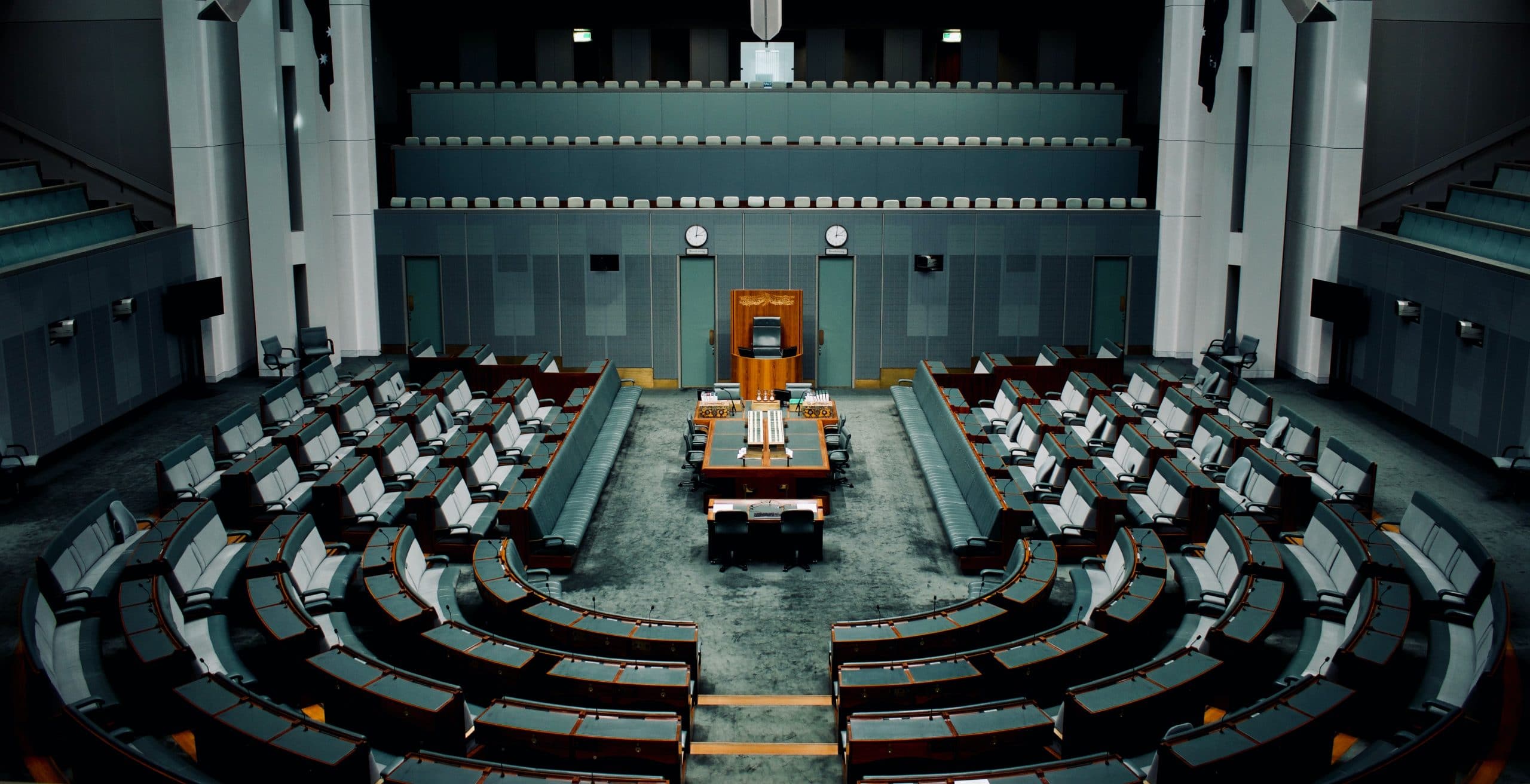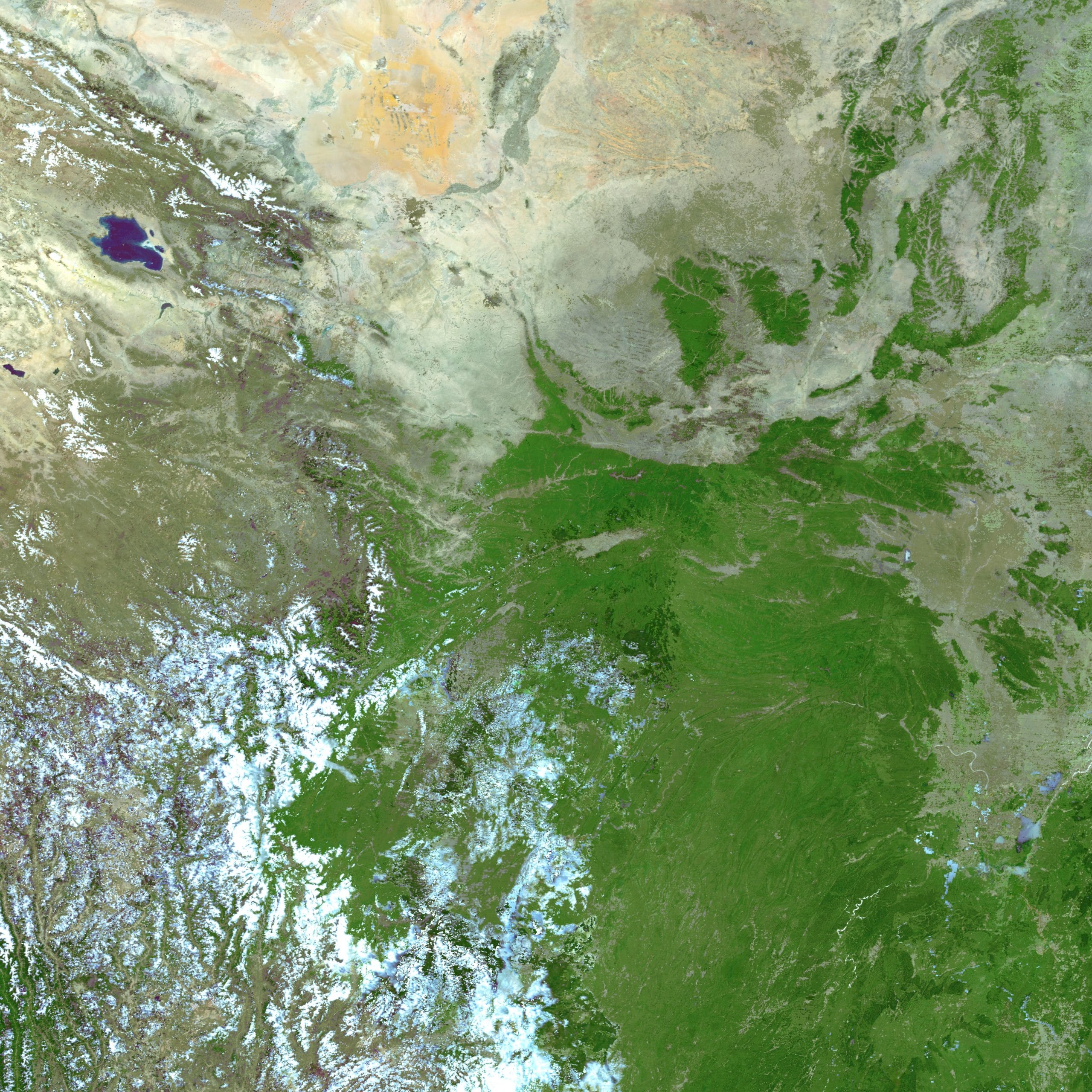Taxes and Resources
The following paper discusses the distribution of taxes and resources in multi-level systems of government (fiscal federalism), with a special focus on the relationship between various levels of government in the context of fiscal decentralisation. The paper centres on the following key questions: How does fiscal federalism work? Which models are available for distributing taxes? How should the uneven distribution of financial resources be addressed? Which models are available for distributing natural resources? To what extent should subnational levels of government be allowed to accept external funds or take on debts?
These questions cannot be answered independently. For example, the question of which model should be used for the collection and distribution of taxes depends on whether natural resources are used and administered by member states or by the central state. Fiscal questions are also always dependent on the division of powers and responsibilities. The goal of fiscal federalism is to provide each level of government with the resources it needs while at the same time providing incentives for economic development and careful use of government funds. This is why competitive aspects must also be considered when answering fiscal questions. For example, it often makes sense to allocate local tax bases (e.g. property taxes) to lower levels of government, while giving the central government the power to tax mobile tax bases (e.g. corporation taxes).

Power Sharing for a United Syria is a project run by the European Centre for Kurdish Studies. In Power Sharing for a United Syria, we work on three main pillars Capacity building and dialogue workshops, Policy advice, and Transparency.
In Power Sharing for a United Syria, we regularly organize workshops on constitutional law and the writing of a constitution with members of the Syrian opposition and Syrian civil society. On one hand, Our Advisory Board supports in particular members of the Small Group of the Constitutional Committee to anchor minority rights as an important part of human rights in the constitution. We want to build bridges between the different members of the opposition and representatives of civil society. Moreover, we want to support them in developing mutual positions regarding power-sharing, minority rights and women’s rights. On the other hand, in order to increase the transparency of the Syrian Constitutional Committee (SCC) and its work, we publish, among other things, video clips covering various topics related to the constitutional process.
This topic is discussed more in detail in our full article. Unfortunately, it is available only in German or Arabic.






